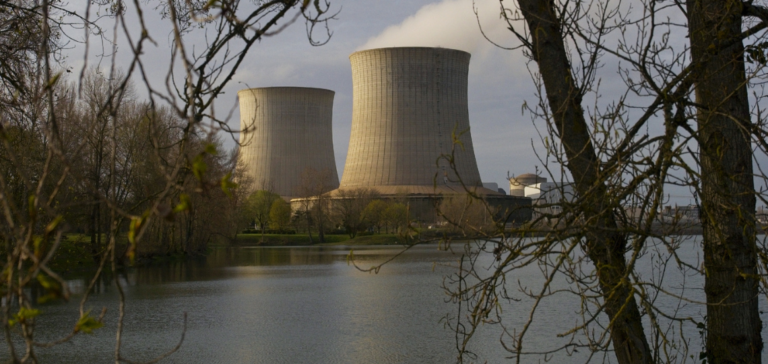Faced with strategic energy renewal, France is on the threshold of a major reform in the field of nuclear safety. Announced for imminent parliamentary debate, this reform echoes an ambition to relaunch the nuclear sector in a robust and sustainable way. Guillaume Kasbarian emphasized the importance of this piece of legislation, which could reshape the country’s nuclear regulatory landscape.
The ASN/IRSN merger: new governance in sight
At the heart of this reform is the proposed merger between ASN and IRSN, a legislative maneuver that sparked intense debate when it was first presented. Moreover, Bernard Doroszczuk insists on the need for this transformation to align the regulatory structure with the government’s ambitious objectives, an argument that underlines the urgency and scale of the proposed changes.
The government’s position and the challenges of reform
The government is vigorously defending the reform, believing it to be crucial to the efficiency and modernization needed to develop the sector. However, the forthcoming parliamentary session will have to deal with the subtleties of the proposal, including the integration of functions and the simplification of processes within the envisaged new authority.
The parliamentary debate: balancing security and development
Parliamentary deliberations reflect a polarization over whether the current system can support France’s projected nuclear boom. Similarly, the opposition’s questions, led by Benjamin Saint-Huile, highlight concerns about the ability of the current safety system to support the ambitious development planned.
Opposition questions independence of new structure
There are many concerns about the independence of expertise within the new regulatory body. Critics point to the history of the ASN/IRSN dualism, citing the risks of centralization that could potentially compromise the integrity of nuclear expertise.
Despite the reluctance, the industrial sector seems to be aligned with the government’s vision, as EDF CEO Luc Rémont points out. The Ministry of Energy Transition offers further assurances on research and social measures envisaged, including a significant pay rise to boost the attractiveness of careers in the field.
The proposed reform of French nuclear safety, introduced against a backdrop of energy renewal, seeks to optimize nuclear oversight while maintaining a high level of expertise and independence. It symbolizes an attempt to balance safety, efficiency and development in a sector key to the country’s energy future.






















